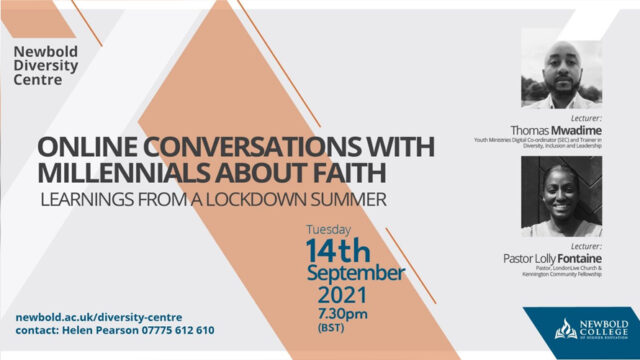What does it really mean to live an ethical life?

News reports remind us daily that organizations often act in unethical ways. Unethical behaviors may take money or other material goods and use them for selfish purposes. Unethical actions always hurt people, particularly those most vulnerable. Unfortunately, the news media remind us that even the church, which calls itself the body of Christ, can engage in unethical activities.
But what is ethical for a church as an institution? Jesus said, “By this everyone will know that you are my disciples, if you love one another” (John 13:35, NIV). Jesus also summarized the quintessence of the commandments as loving God and one’s neighbor (Matt. 22:37-39). By reframing the Ten Commandments, I can envision the ethical church I want to belong to.*
THE CHURCH I WANT TO BELONG TO . . .
First, focuses its members’ lives and goals on prioritizing their relationship with God and making Him first in everything. But as Jesus reminded the Pharisee when asked about the greatest commandment, putting God first also means treating all “neighbors” as individuals created and redeemed by God, and therefore of inestimable worth (Matt. 22:37-39).
Second, never views either God or its neighbors as images of its own ideas or as stereotypes created by culture, but as the Bible speaks of them—first, a God to be worshipped, and second, neighbors to be loved and honored.
Third, never speaks of either God or its neighbors in a manner that would diminish their importance or their value as children of God.
Fourth, encourages its members to spend time with God and with those He has brought into their lives, and helps them refocus on what is important with respect to eternity, rather than focusing only on the immediate.
Fifth, teaches its members to honor those agents whom God has brought into their lives to nurture and encourage them.
Sixth, will never act in a way that threatens or harms life, which is a gift from God, but will help all its members work toward peace and reconciliation, both within their own immediate circles and in the wider circles in which they have influence.
Seventh, supports, values, and strengthens relationships between its members, whether they are married or single.
Eighth, refuses to act in unjust or careless ways, and encourages its members to be faithful stewards of all their possessions, whether physical possessions or how they relate to others’ reputations or accomplishments.
Ninth, always speaks the truth in love, strengthening its members’ understanding of God’s own truthful character and His refusal to deceive or destroy others by deceitful or demeaning words.
Tenth, exhibits and promotes gratitude for all that God has given to it and to its members. The church also remembers that out of the wealth God has given its members they can give to those in need who are less fortunate (2 Cor. 9:6-11).
* This is adapted from concepts found in David Gill, Doing Right: Practicing Ethical Principles (Downer’s Grove, Ill.: InterVarsity Press, 2004).








